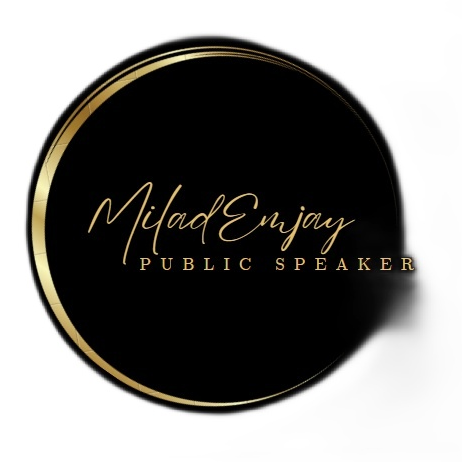In a world where those who seem to have all the answers and are quick to dominate conversations often lead the least content lives, the value of active listening becomes apparent. These individuals, who exude an air of unwavering certainty, can be notably deficient when it comes to truly absorbing others’ perspectives. When placed in the role of a listener, their reluctance to engage in genuine dialogue becomes starkly evident.
Imagine encountering someone who has traversed the same paths and gathered invaluable experience along the way. This person might raise the alarm, warning you of an impending cliff’s edge. Yet, if you’re resolute in your refusal to heed their advice, blinded by disbelief or your own assumptions, you may unknowingly stumble over that edge. Only when you’re at the brink of the precipice might you realize your error, often too late for anyone to intervene.
This scenario draws parallels to lifeguard training, where the mantra is not to rescue someone who’s struggling if they’re in a state of panic. A drowning individual’s erratic movements could unintentionally drag their would-be rescuer underwater. This offers a poignant lesson: aiding those who reject assistance can be futile, especially in a world awash with information but starved of active listeners.
This article emphasizes the significance of engaged, present listening, which extends beyond mere agreement or dissent. Listening manifests in various degrees, from passive presence to genuine attention:
A) Merely being present without active engagement.
B) Listening without interjecting or contributing.
C) Staring without social context, perpetuates awkwardness.
D) Claiming to listen while distracted, exhibiting poor body language, and so on.
An absence of reaction to words relinquishes their power over you. Detaching from emotional responses empowers you to face any statement without fear or turmoil, enabling a shift towards a more resilient mindset.
Nonetheless, this isn’t a call to tolerate harassment or harmful behaviors. However, individuals resistant to the act of listening may inadvertently cultivate lonely, discontented lives. Their unwavering sensitivity to differing viewpoints repels valuable connections and wisdom, much like a drowning person frantically rejecting assistance.
Take the lifeguard’s analogy: attempting to save someone actively trying to drown themselves is an exercise in futility. Similarly, wisdom shared with those who adamantly refuse to listen may fall on deaf ears. Engaging in fruitless arguments is not the mark of a wise person.
When someone lacks emotional self-control, resorting to repetitive yelling and screaming when challenged, they inadvertently reveal their lack of confidence and unwillingness to embrace alternate viewpoints. True character surfaces not during calm waters but in the tempest of adversity.
In conclusion, the skill of active listening is an invaluable trait that can shape lives and relationships. It encourages humility, empathy, and the potential for growth through absorbing diverse perspectives. In a world prone to vocalizing without truly hearing, the art of listening might just be the key to unlocking a deeper understanding of ourselves and the world around us.
If you want to learn the secrets, sign up and join MJ’s upcoming events. MJ will go into detail about all the ins and outs.
We would also love to hear your thoughts in the comments section below.











